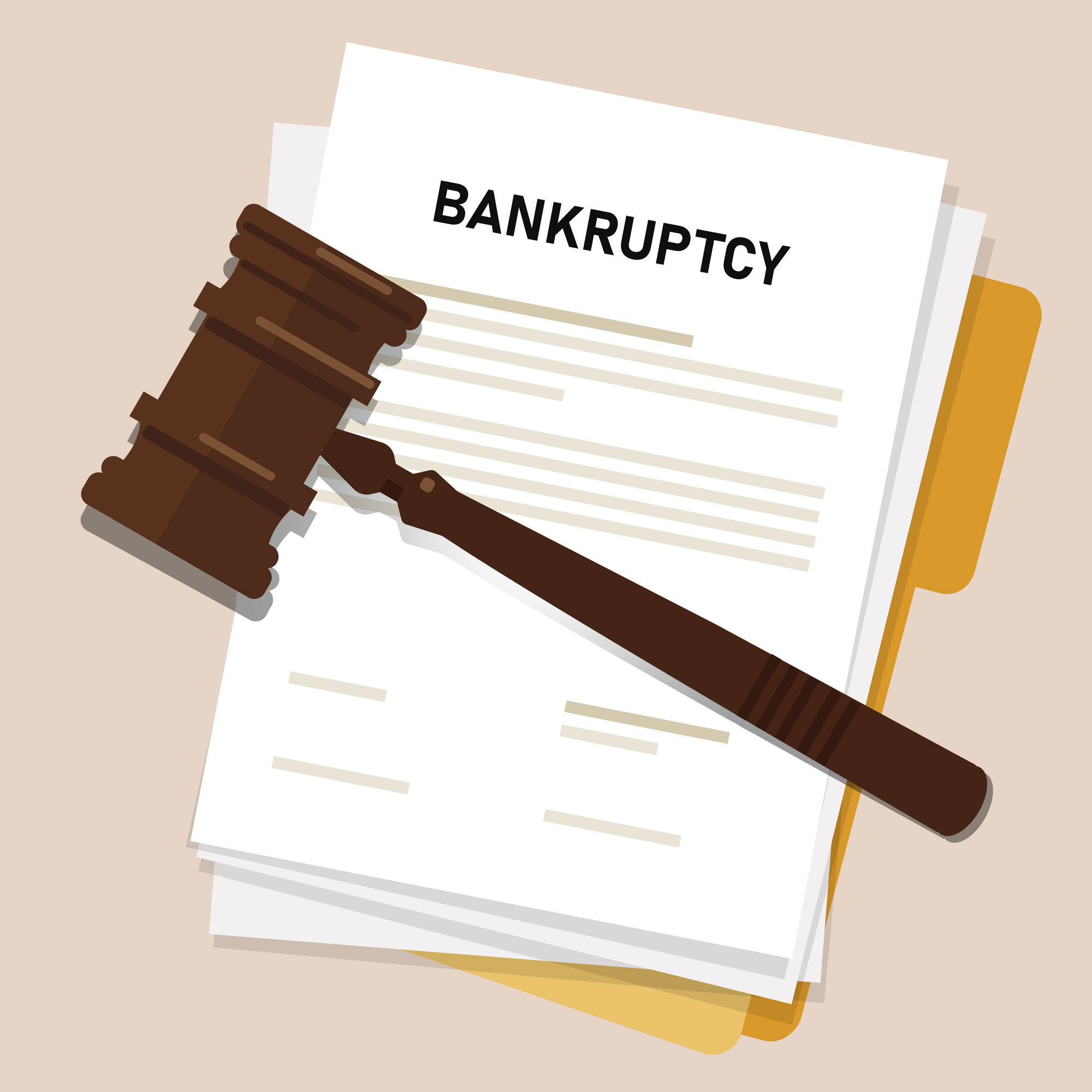By: Michael L. Moskowitz and Melissa A. Guseynov
 The Court of Appeals for the Second Circuit recently upheld the lower courts’ decisions holding that a debtor’s non-primary residence qualified for the federal “homestead” exemption under section 522(d)(1) of the Bankruptcy Code. In re Maresca, Case No. 19-3331 (2d. Cir. Dec. 14, 2020). Read the full opinion here.
The Court of Appeals for the Second Circuit recently upheld the lower courts’ decisions holding that a debtor’s non-primary residence qualified for the federal “homestead” exemption under section 522(d)(1) of the Bankruptcy Code. In re Maresca, Case No. 19-3331 (2d. Cir. Dec. 14, 2020). Read the full opinion here.
The facts of this case are straightforward and undisputed. After Debtor and her husband purchased a home, they divorced but continued to own the property jointly. Although Debtor no longer resided at the property, it served as her ex-husband’s primary residence and her son spent several days there every week. In 2016, Debtor filed a chapter 7 bankruptcy petition and claimed a federal “homestead” exemption for the property under section 522(d)(1) of the Bankruptcy Code.
By way of background, when a debtor commences a bankruptcy case, he or she may “exempt” certain property interests from the bankruptcy estate, which essentially makes them unavailable to satisfy creditors’ claims. The federal “homestead” exemption, as set forth in section 522(d)(1) of the Bankruptcy Code, allows a debtor to exempt a certain aggregate interest in value in real property “that the debtor or a dependent of the debtor uses as a residence.” 11 U.S.C. § 522(d)(1). After Debtor claimed this exemption, a creditor holding a judicial lien on the property at issue challenged Debtor’s use of the exemption because it was not her primary residence. Debtor argued she was entitled to the exemption notwithstanding it was not her primary residence, as her dependent son resided at the property.
When the Bankruptcy Court and District Court agreed with Debtor, the judgment creditor appealed to the Court of Appeals for the Second Circuit. In writing his opinion, Judge Robert A. Katzmann stated the only issue on appeal was whether the term “residence” in section 522(d)(1) includes both primary and non-primary residences. If it includes primary residences only, Debtor may not utilize the exemption. However, if it includes both primary and non-primary residences, Debtor may rightfully avail herself of the exemption.
As an initial matter, the Court was guided by the Supreme Court’s advice that judicial inquiry should end “if the statutory language is unambiguous and the statutory scheme is coherent and consistent.” Notably, section 522(d)(1) does not refer to a “homestead” or to a debtor’s “principal” or “primary” residence. Rather, it only refers to a debtor’s residence. Explaining that Congress’ choice of terminology in this provision was deliberate, Judge Katzmann stated the word “residence” includes both primary and non-primary residences.
Moreover, while some legislative history supports the argument that the term “residence” could mean “principal residence,” Judge Katzmann concluded the legislative history was not sufficiently clear enough to overcome the plain text of the statute. Thus, the Second Circuit confirmed Debtor was entitled to use the federal exemption on her non-primary residence.
This decision demonstrates how important it is for debtors and creditors alike to preserve their rights by staying updated on judicial interpretations regarding the parameters of federal exemptions and other relevant Bankruptcy Code provisions. Debtors and Creditors should immediately consult with experienced bankruptcy attorneys. Weltman & Moskowitz will monitor case dockets for further developments on this issue and update our readers as events warrant.
Please feel free to call Weltman & Moskowitz with any bankruptcy questions or challenges you, your colleagues, or clients, may have.
About Weltman & Moskowitz, LLP, A New York and New Jersey Business, Bankruptcy, and Creditors’ Rights Law Firm:
Founded in 1987, Weltman & Moskowitz, LLP is a highly regarded business law firm concentrating on creditors’ rights, bankruptcy, foreclosure, and business litigation. Michael L. Moskowitz, a co-founder, focuses his practice on business and bankruptcy litigation, shareholder and partner disputes, business divorce, commercial dispute resolution, as well as a full range of creditor’s rights, foreclosure, adversary proceeding litigation, corporate counseling, M&A, and transactional matters. Michael can be reached at (212) 684-7800, (201) 794-7500 or mlm@weltmosk.com. Melissa Guseynov is an associate with the firm. Melissa can be reached at mag@weltmosk.com.







